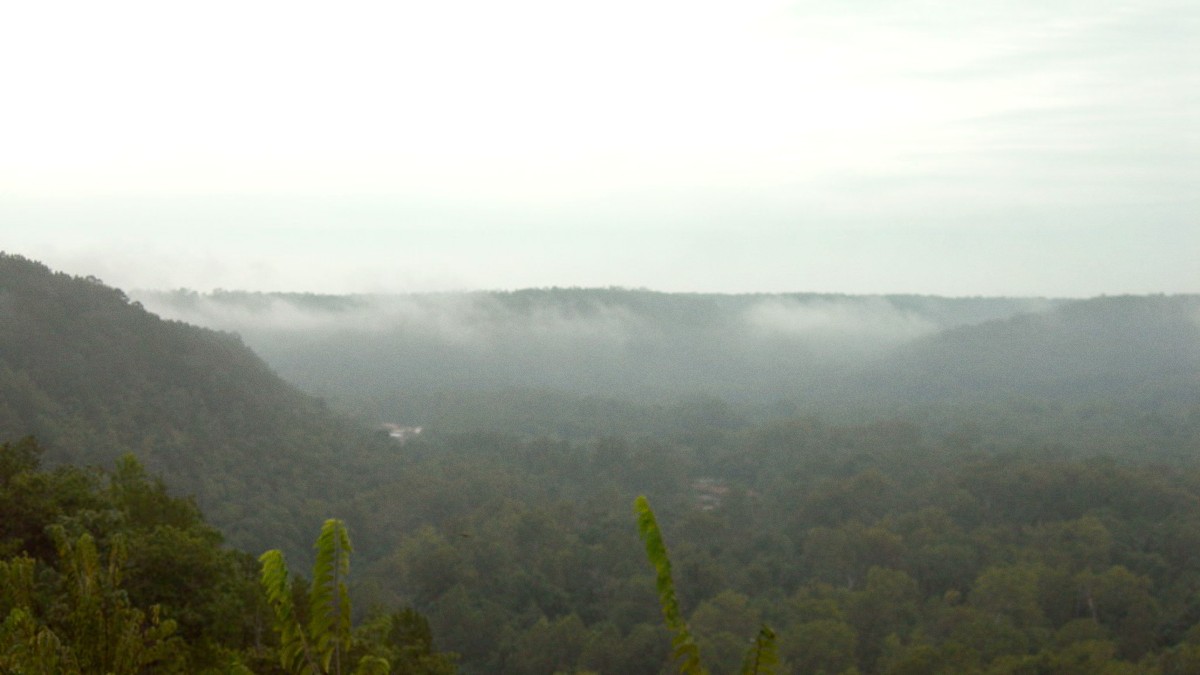
Arkansas, USA
The mountains here are not towering peaks, but rather a dissected plateau, shaped by time and water into a landscape of unexpected beauty. This unique geology creates a network of caves, springs, and dramatic overlooks, each extending an invitation to discovery. Your exploration of this special corner of Arkansas begins here.
The Arkansas Ozarks subdivide into distinct physiographic sections, each with its own character.
The Boston Mountains feature rugged terrain with steep valleys and narrow ridges. The Springfield Plateau presents rolling hills and broader valleys. The Salem Plateau includes a mix of terrain and the Buffalo National River.
The story of the Arkansas Ozarks spans thousands of years. Archaeological data shows continuous human presence for over 10,000 years. The Osage Nation were prominent in the region for centuries, using its resources for hunting and gathering.
European settlement began in the late 18th and early 19th centuries. Scots-Irish, English, and German immigrants sought new agricultural lands and frontier freedom. This fostered a distinct Ozark culture, marked by self-reliance, community, and rich folk traditions.
Cherokee passed through and temporarily settled parts of the Ozarks.
Numerous skirmishes and battles, including Pea Ridge and Prairie Grove, devastated the area.
Timber and mining brought economic periods of boom and bust in the late 19th and early 20th centuries.
Established as a health resort, becoming a Victorian-era tourist destination.
Designation as a National River in 1972 preserved its free-flowing status.
The 20th century saw major changes, with dam construction forming large recreational lakes like Beaver Lake. Northwest Arkansas developed into a global economic center, driven by major corporations.
The region blends its historical roots with a modern, progressive outlook, as economic diversification continues to shape the Ozark Mountains.
The area works to balance preservation of its heritage with new opportunities and a welcoming atmosphere for all visitors.
The Ozarks' enduring legacy reflects its natural beauty, resilience, and adaptability through changing times.
The Arkansas Ozarks today offer a diverse experience, with broad appeal to many travelers. It is a premier destination for those who enjoy outdoor activities.
Northwest Arkansas, with Bentonville and Fayetteville, serves as a hub for arts, culture, and culinary innovation. World-class institutions and charming towns blend to create an unique visitor journey.
Miles of trails, scenic rivers, and expansive lakes await hikers, paddlers, and mountain bikers.
World-class museums, historic towns, and local scenes draw culture enthusiasts.
Experience traditional folk music, craftsmanship, and a welcoming, relaxed atmosphere.
The Ozarks welcome various travel styles and budgets. Lodging ranges from rustic campsites to luxury cabins. Dining spans from local comfort food to sophisticated farm-to-table.